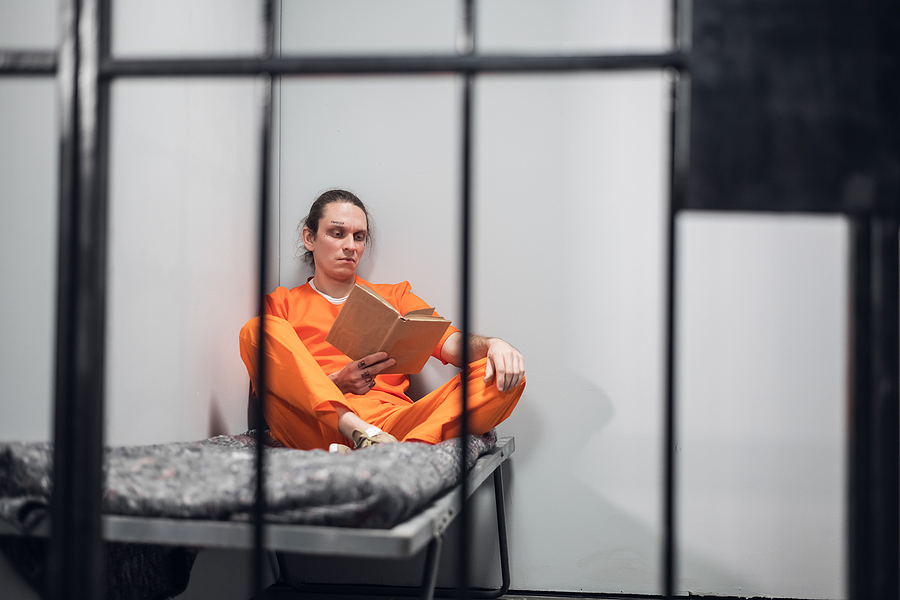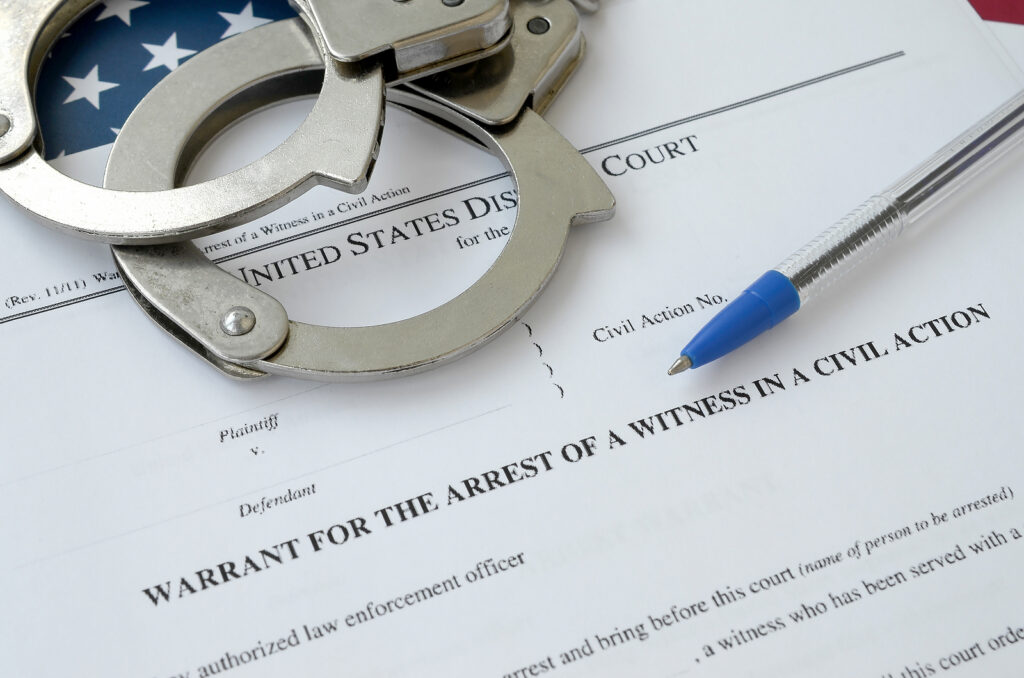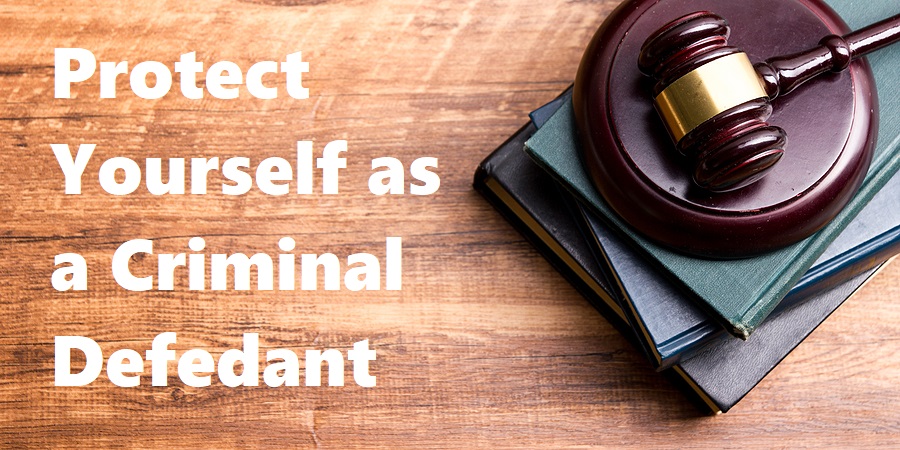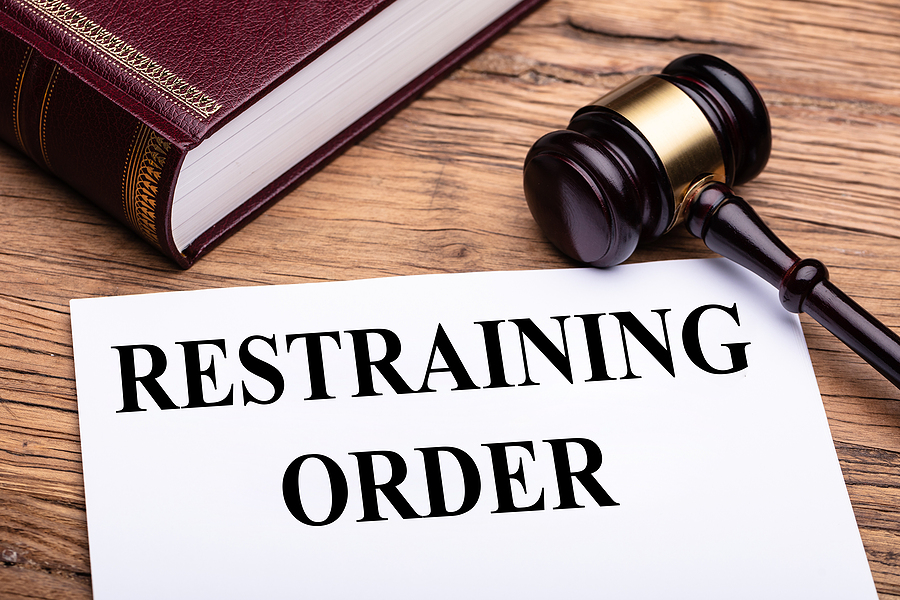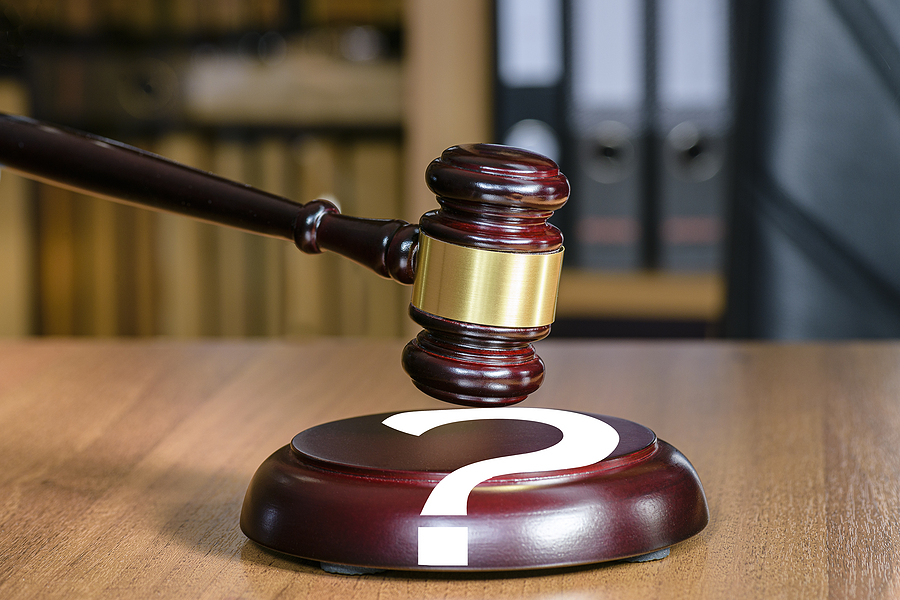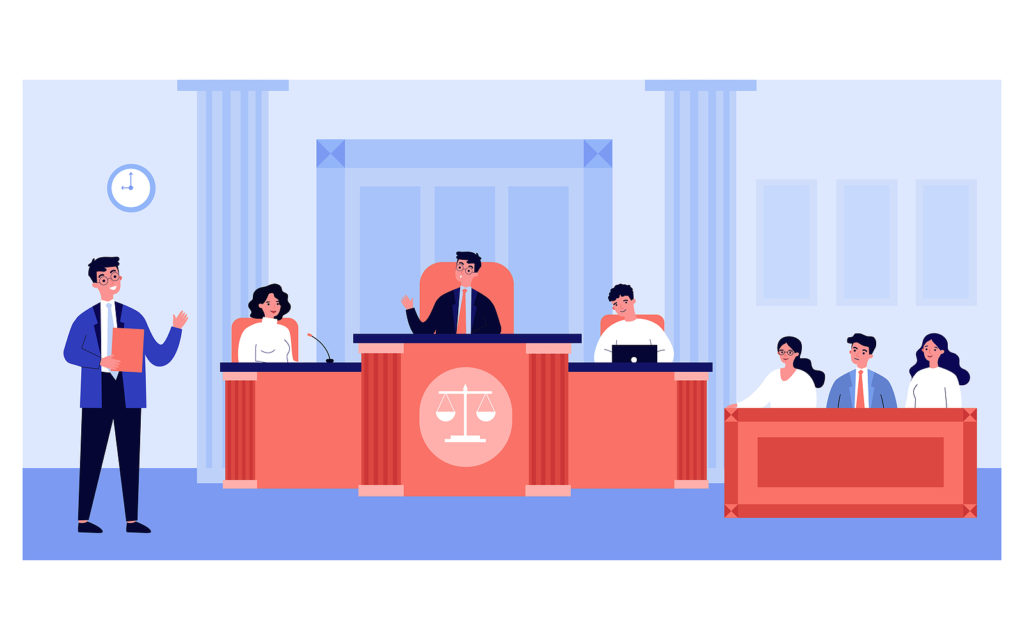The Law Office of David E. Lewis is your top resource for superior criminal defense in Indianapolis, Indiana. When you are looking for a skilled and aggressive crime lawyer, Attorney David E. Lewis and his esteemed legal staff are the team to have in your corner. Our Indianapolis Indiana criminal defense law firm will build you a strong and impactful defense against your criminal charges, giving you the best possible outcome in court. Avoid harsh penalties and jail time by calling the Law Office of David E. Lewis today for your free consultation.
Continue below to learn why so many Hoosiers choose us to beat or significantly reduce their criminal charges throughout Central Indiana, plus how to get started on your defense as soon as today.
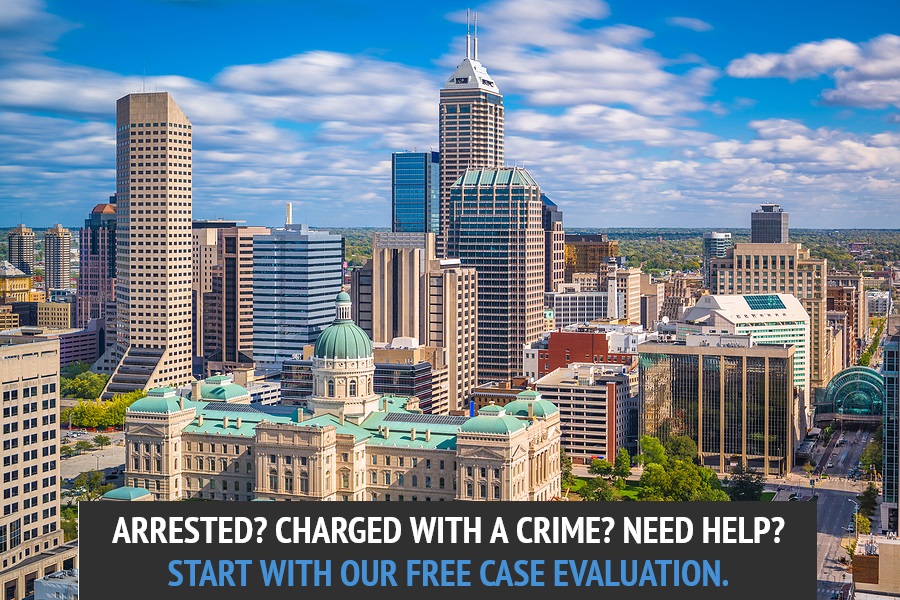
The Law Office of David E. Lewis
Indianapolis Criminal Defense That Works
Here at the Law Office of David E. Lewis, you can expect to be treated with the utmost care and respect. We see you as the person you are, not the person. The courts are accusing you of being. Regardless of your crime or criminal charges, we are here to obtain a better legal outcome for you. We will work around the clock to build you a strong and impactful defense to significantly reduce or even dismiss your criminal charges entirely. Trust us to work on your case as if it were our own matters at stake.
Criminal Matters are Complex
Our Indianapolis defense attorneys know that your criminal matters are confusing to you and that you may not know which steps to take after being arrested or indicted on criminal charges in Indiana. If under investigation or charged with a crime in Indiana, your future and freedom could be in jeopardy. Your next few moves could greatly influence and impact your case, so having an adept defense attorney on your side is a monumental advantage for yourself and your future.
Here at The Law Office of David E. Lewis, we are ready to be your number-one advocate through this difficult time in your life. Trust our legal professionals to develop a strong defense for your case and work around the clock to place you in the best position possible following an arrest, charge, or conviction.
From start to finish, our criminal defense attorneys take your legal matters seriously. You can count on us to protect your rights and preserve your freedoms at all costs. We have full knowledge of criminal law on both state and federal levels, plus retain years of experience serving Hoosiers just like yourself. Our case results are prima facie evidence that our law firm is the right choice for your criminal charges in Indiana.
Are you ready to schedule your free, no risk consultation with seasoned attorney who actually cares about the quality of your life? Contact Attorney David E. Lewis at 317-636-7514 to speak with a seasoned criminal defense lawyer in Indianapolis, Indiana. Our law firm will get you the best possible outcome to your criminal case!
Related Posts:
When Do I Have a Right to an Attorney?
Do I Need to Hire a Lawyer for an Arrest Warrant?
How to Switch From a Public Defender to a Private Criminal Lawyer


